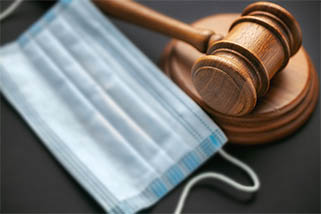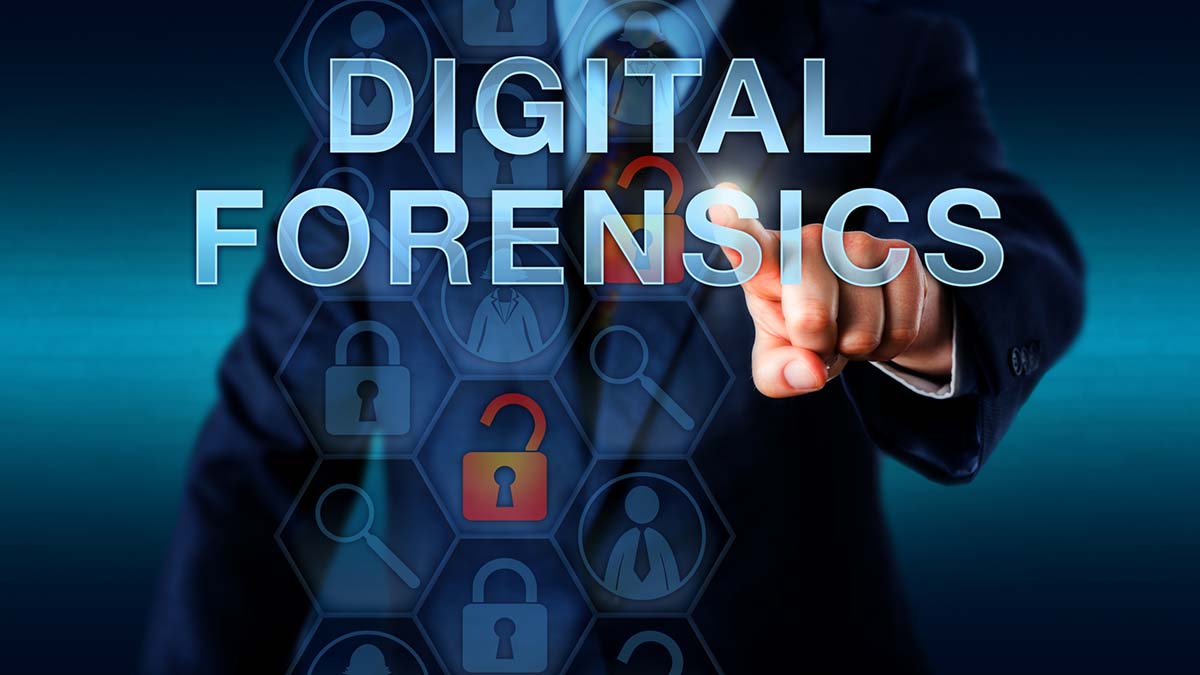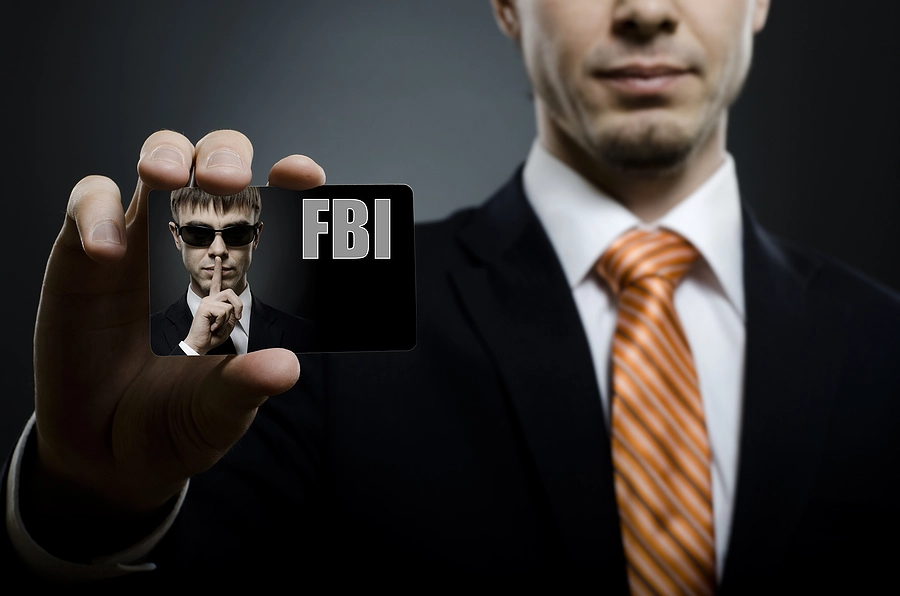Around the country, a number of state and federal courts have started to use virtual grand juries to indict, and virtual juries for actual trials. If you are concerned that jurors involved in virtual processes may not represent a true cross section of the population, or that virtual hearings are inherently unfair, you are not alone.
To begin, attorneys representing clients charges with criminal violations are very concerned that virtual proceedings are indeed, inherently biased. First, with respect to the grand jury processes, potential grand jurors must have the necessary computer equipment, skills, and internet access to be “present” for remote presentations by the prosecutor while sitting at home. These kinds of technical requirements may eliminate a number of potentially qualified jurors simply because they lack a functioning computer, or do not live in an area with appropriate, reliable internet service.
Next, it is important to know that grand jury proceedings are held in secret. Therefore, the investigation, potential defendants, witnesses, exhibits and other information is highly confidential. How is a grand juror, in his or her own home perhaps with children or other family members in the home, expected to safeguard the information they receive during a remote presentation?
Finally, another significant question to consider is whether appearing remotely for grand jury proceedings allows proper flow of questions and deliberation on the proposed charges, or if doing so inhibits meaningful and full participation due to technology? Such questions are valid regarding the selection of grand jurors, grand jury proceedings, and fairness overall.
To continue, virtual jury trials present even greater difficulties, primarily with reference to the jury selection process. In many jurisdictions, potential jurors are given three questionnaires to complete – a hardship request, a technology inquiry, and a case specific form. Jurors can appear in person at some courthouses, while others require appearance by Zoom or cellphone. Once again, otherwise qualified jurors may be excused simply due to lack of appropriate technology, skills, or internet access.
In some cases, attorneys and the court must conduct their voir dire – individualized questions – of the potential jury pool remotely. To be specific, normal jury selection procedures which seat 12 potential jurors in the jury box for questioning, where those being excused are replaced by others from a larger jury pool, are often not possible as Zoom does not allow easy, physical, in and out movement of participants from certain “rooms” or locations, or jurors are simply using call-in numbers as opposed to Zoom. Thus, it is difficult for attorneys to challenge and keep track of potential jurors’ positions.
Additionally, as virtual jury selection takes considerably longer than in-person jury selection, many attorneys who have experienced this process report that at times, potential jurors do not pay attention to proceedings as they are distracted by other work, family members, phone calls, or simply because they have muted the proceeding. Ultimately, virtual jury selection proves difficult as it takes considerably longer than in-person jury selection and may result in qualified jurors being dismissed, or distracted, for non-case-specific reasons.
Once these numerous obstacles are addressed and a jury is selected, there is no shortage of potential issues to follow. In a completely-virtual trial, attorneys, the judge, and court staff must be prepared to present the case virtually, meaning all witnesses and exhibits have to be accessible, or prepared, to appear and be shown by Zoom. Technical issues are bound to occur, and can very quickly try the patience of the jury. The ability to disclose a potential document or other media to a witness, the Judge, and the opposing side – without the jury viewing the document before it is in evidence – takes practice, and greater preparation. Hence, issues following jury selection are numerous and unpredictable, especially regarding managing jury attention and patience, as well as fluid, confidential disclosure of information and evidence void of technological issues. Preparation for virtual presentation is key.
Even in person trials, with all the necessary safety precautions, present serious issues of fundamental fairness as well. Jury selection is still a serious concern because many otherwise qualified jurors will be excused because of their health concerns in participating in the courtroom and jury room. Once selected, the attorneys must present their case while everyone, including witnesses, are wearing face masks and socially distancing. Jurors must be able to hear and judge witnesses’ testimony and credibility, all the more difficult while their mouths are covered. Attorneys must be able to present witnesses and evidence all while wearing masks that inhibit their voices, breathing and connecting to the jurors through their facial expressions. Finally, jurors’ attentions may be stressed and inhibited by worrying about their health and that of their fellow jurors, both during the presentation of the evidence and through deliberations. As the trial drags on, are excuses made by jurors to be relieved? Are judgments rushed to simply get out of the courthouse? These are well-founded fears by defense counsel whose clients’ freedom will be decided.
Mindful of the importance of self-distancing, we at times work remotely but are available to meet new clients either in person, through video conferencing, or by phone. Challenging times demand innovation and accommodation to our client’s needs. Stahl Gasiorowski Criminal Defense is here for all of your criminal legal needs during this time. To contact the firm’s NJ office, call 908.301.9001 and to contact the firm’s NYC office, call 212.755.3300, or email Mr. Stahl at rgs@sgdefenselaw.com.




Leave A Comment